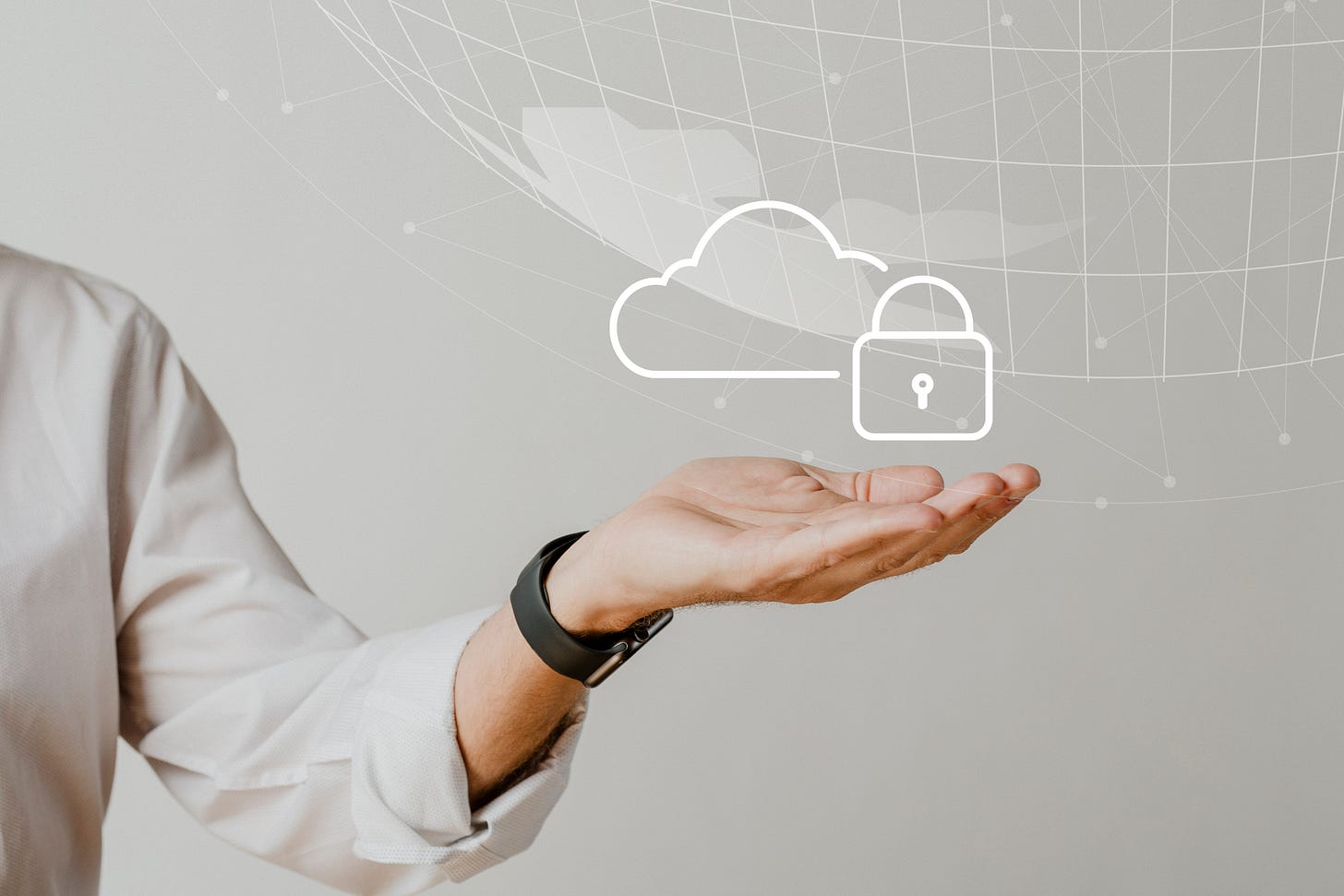Suddenly everyone seems to have realized that when a service that you can’t almost live without is provided for free, then you are the product!
When man domesticated the horse, life changed all of a sudden. Long-distance travel became easy, and productivity in agriculture took a leap. It also allowed criminals to commit crimes and get away faster. It changed the way wars were fought. The story is the same when the automobile was invented. It wasn’t different when man invented the radio or learned how to split the atom.
At each of these junctures, there were intense debates on whether these inventions changed life for the better or for the worse. In the early stages, there was clamor to do away with them. In each of these cases, wisdom prevailed in the end, and societies decided not to throw the baby away with the bathwater. The inexorable march of technology continued.
You can see similar noise today when it comes to new technologies or new ways of doing business. Taxi aggregators were banned as recently as in 2014. In less than four years, this sounds so distant and absurd!
Now let’s fast forward to the debate around data privacy:
We’ll take the debate around Aadhaar and the debate around FB/Google separately.
First: Aadhaar
Aadhaar solves two long-standing problems that have crippled the nation, namely:
a) Massive leakage of benefits
Leakages occur when the subsidy does not reach the recipient due to corruption and pilferage. When well-off families, who are not the intended recipients of these benefits, received these benefits through falsification of data and documents, the intended outcomes of the program were compromised.
For example, traditionally, the bottom 50% of India’s households consumed only 25% of subsidized LPG. This meant that the subsidy on LPG was being cornered by the relatively well-off sections. Therefore, the government was really trying to fill a leaking bucket.
Similarly, more than 40% of the subsidized kerosene meant for the public distribution system was being diverted to adulterate automotive fuels. Creating a differential pricing for the underprivileged was creating havoc and ample room for pilferage.
The government’s Direct Benefits Transfer (DBT) plan, which involved transferring the subsidy amount directly to the beneficiaries’ bank accounts, began addressing this problem. The poor are now using the money transferred to their accounts to buy LPG/kerosene and other commodities at market prices.
The strategy of doing away with subsidies and transferring subsidy to deserving beneficiaries is allowing competitive markets to function for the commodities in question, besides avoiding leakage of subsidy to the non-deserving.
Leakages have come down significantly. Mint reported in May 2017 that over 23 million fake ration cards had been scrapped, potentially saving the government ₹14,000 crore in food subsidy every year. Another Mint report in August said that three states had discovered about 2,72,000 fake students availing of the mid-day meal scheme. These fake names have since been taken off.
Similarly, there were millions of fake bank accounts opened with falsified documents, and many individuals were not even aware that accounts had been opened in their names by unscrupulous individuals. Verification of all accounts by Aadhaar is cleaning up the mess.
b) A parallel economy that rivaled and emasculated the mainstream economy
The battle against the parallel economy was an unequal one in the past. Aadhaar has equipped the government with the right weaponry to kill the parallel economy.
After identifying a huge number of fake PAN cards, the government deactivated more than a million by mid-2017. The government also detected fake PAN cards allotted to non-existing individuals or people who had submitted falsified information about themselves.
With the linking of financial transactions and assets to Aadhaar, the battle against the parallel economy is truly on. There may be some friction on the ground when it comes to making these linkages, but these problems are being addressed.
Deeply entrenched vested interests are now using all kinds of surrogate concerns that sound lofty, like privacy and security.
From time to time, the scare of security breaches in the Aadhaar database has made headlines. R.S. Sharma, Chairman, TRAI, demolishes the scare-mongering by clarifying that in the seven years of Aadhaar, not a single biometric data has leaked.
The anti-Aadhaar lobby has been misusing public ignorance on what constitutes a breach to spread fake news and limit the use of Aadhaar. Sharma pulls no punches when he says that as long as Aadhaar was used by the poor for getting their entitlements, it was deemed alright. Now that it is being used by the government to check tax evasion and benami properties, it has begun to hurt some people who are using every means at their disposal to block it and limit its use.
Sharma is confident that Aadhaar is here to stay and explains that like an evolving organism, it continues to make improvements by adding new features and security layers.
While there are genuine concerns about privacy, the answer is to strengthen the security rather than throwing the baby out with the bathwater.
Now to FB/Google/Amazon et al owned data
In the early years of outsourcing, there were a couple of cases where call center agents in India working at a contact center of an outsourced service provider to a large MNC accessed credit card data of customers to pilfer money from their accounts.
There was a huge outcry, especially in the US, about the ability of Indian service providers to assure data security. The outcry finally died down because:
a) The cost of in-sourcing services back to the US was hugely expensive,
b) Even that would not guarantee data security, and
c) Indian service providers quickly scrambled to put together processes that addressed the issue.
The response to a solution or a technology that creates huge benefit with a 5% chance of misuse or fraud is to address and minimize the probability of the 5% misuse happening, rather than doing away with the technology or business model altogether — especially if the 5% chance of misuse is in the realm of possibility rather than having actually occurred.
The outcry around FB data leakage has multiple dimensions. The outrage has been amplified because the data was used to influence the US elections.
Influencing elections is nothing new. Whether attempts to influence elections and public opinion work is questionable. Much as one may dislike Trump, it is difficult to believe that the Russians were responsible for his victory. It is much more likely that he just ran a smarter campaign.
There were routine accusations in the past that the US and CIA tried influencing elections (and other events) in several countries. Similarly, the erstwhile USSR made contributions to specific individuals and parties that they thought would best protect their interests in the US.
The traditional print media too had their favorite party. Some TV channels are owned by individuals with strong party affiliations that the common man did not even know about. Hence, she was being subjected to views that she thought were neutral but were actually biased.
Every innovation in technology has amplified the ability to influence opinions by increasing the reach. Social media has simply enlarged that reach.
Social media’s huge reach has had a positive spin-off. It helped address several problems — dictatorial governments were overthrown (NYT Article), lost children found, and communities were mobilized to fight for social causes, among many others.
While discussing possible damage that social media can create, let us not forget the positives it has delivered for society. Like it or not, social media has irreversibly changed the way people interact and connect. If data privacy is taken to an extreme, then the way people connect and interact has to also go back to what it was.
A lot of the data that companies like Google have about individuals is largely used to target ads, and this service would not have been free if targeted advertising wasn’t possible because of access to data. Finally, there are very few real examples of damage caused by the big three having access to your data.
In Conclusion
Are data privacy concerns misplaced, or is there an exaggeration of the perils of leakage?
Not at all. These concerns can best be addressed if both sides of the debate are open to views and the governments of the day stop responding in a knee-jerk manner to appease angry mobs. Angry mobs are usually swayed by a few opinion makers who take extreme positions.
As long as regulation is introduced with an intention to address the 5% misuse and not lose sight of the 95% cases where there are huge benefits, it is fine. If they take a blunt approach of heavy regulation that kills the core, then we will all be wondering why we fed these imaginary fears.


